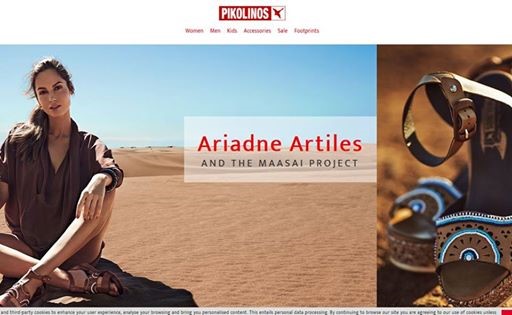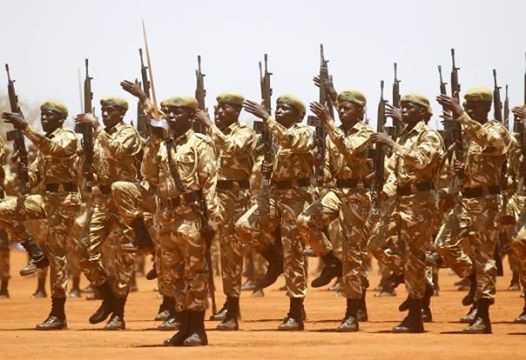The reason why “privatization” is in quotes is because it is just a word that covers up for a lot of the wrong things that are afoot in our public arena. For the sake of absolute clarity, whether one calls it privatization, private-public partnership, contracting, concessioning or whatever it may be, my considered opinion is an unequivocal “NO”. The first thing we as Kenyans must stop is the tendency to describe things as acceptable, simply because they have been done in other countries, especially those in the west, or described using that ludicrous term ‘developed’. Secondly, we must resist any comparisons with South Africa, firstly because Africa is not a village and secondly because the private “parks” there are products of Group Areas Act. If the person comparing us with South Africa is white, make sure you use aggressive language, and if he is black, feel free to insult him for his foolishness. We must fix this place.
Back to Kenya. Public private partnerships aren’t new in this country, particularly in the arena of infrastructure where projects are built by external partners who then run them for a given period to recoup their investment. The building is what they bring to the table. It is a false equivalent to imagine that the same thinking can be brought to our natural heritage. Just what does a foreign partner bring to a park? Elephants? Lions? Forests? Mountains? Our state agency is mandated to hold our natural heritage in trust for us and future generations. The heritage is not theirs to lease or contract or whatever to anybody. The thing that defies belief here is that KWS is looking at the unsustainable, NGO run, donor funded “community conservancies” and imagining that it can do the same with National Parks. They haven’t even contemplated public participation and discussion with citizens which must necessarily precede any discussion with EU diplomats who are foreigners. There are always Kenyans who are traumatized into supporting even the worst decisions by government and will be telling us how good this is. I’d like to refer them to two relatively minor concessions at KWS which were spectacular failures. Who remembers some strange animal called Ranger’s Restaurant or Sebastian’s? These two “concessions” are both at KWS Hq, spitting distance from the accounting and internal auditors’ offices, but never earned KWS anything and are moribund. You see, the elephant in KWS and the rest of Kenya which we pretend not to notice is that any such concessions are always made to the connected, not the competent. When we are told that KWS will contract the revenue collection to an outside person, what message does that send about the millions spent on installing and maintaining the smart card entry system? This is obviously a human problem, not an electronic engineering problem. Concessions are policy plans, and not reactions to real or perceived inefficiencies in organizations. Those are only solved by having qualified professional, and committed staff at the helm. In 2018, the Government of Kenya contravened its own recruitment rules in installing a new Director-General, so these are self-made problems and they should kindly leave our parks out of any discussions with foreign buccaneers. If the KWS ship appears to be straying off course, and plagued with inefficiencies, then concession the captain to someone who could use him more efficiently.


